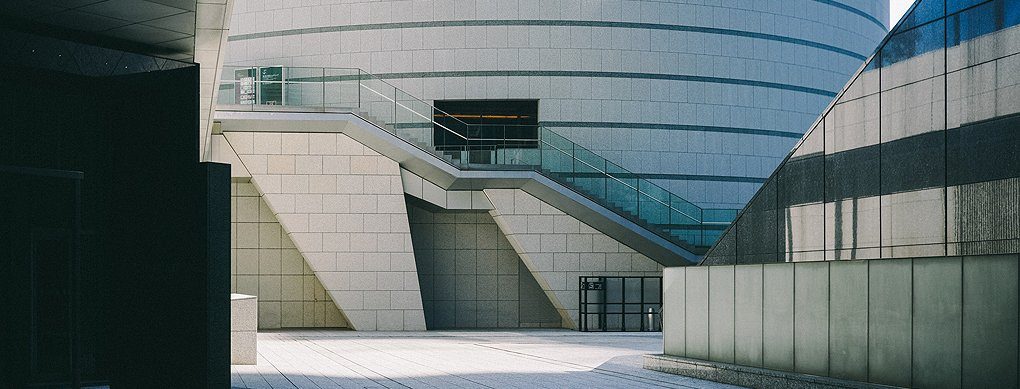Our Team of Attorneys
Chapter 7
Bankruptcy

Bankruptcy Basics
Chapter 7 Bankruptcy
What is Chapter 7 bankruptcy?
Chapter 7 bankruptcy is a form of relief under the bankruptcy code that is available to an individual or married couple who do not hold significant assets. A Chapter 7 case begins with the filing of a petition with the bankruptcy court. Documents are filed with the court, and meetings are held with creditors. Ultimately, property is liquidated for cash payments made to creditors (which may be subject to certain exemptions). These funds pay off outstanding debts and the debtor receives a bankruptcy discharge that releases them from liability for most types of debt.
A debtor can file for Chapter 7 bankruptcy, which is also known as "straight" or "liquidation" bankruptcy, if:
• The debtor's income is less than the median income of their state, and
• All of the debtor's assets will be liquidated.
In a Chapter 7 case, an individual or married couple who do not hold significant assets may be eligible to have most outstanding debts discharged. The discharge releases a debtor from personal liability for certain types of debt. In return for this discharge, a debtor must give up property that cannot otherwise be excluded from the bankruptcy estate. The property most commonly abandoned is nonexempt assets that primarily includes funds in bank accounts and ownership of expensive, nonessential personal items.
Depending on exemptions available under state and federal law, some types of outstanding debt will not be discharged even if the debtor files for Chapter 7.
There are several types of bankruptcy under the United States Bankruptcy Code. Chapter 7 is one type of "liquidation" bankruptcy, in which a trustee sells off non-exempt assets belonging to the debtor and uses the proceeds to pay creditors.
The debtor does not have control over which assets are liquidated or when they are liquidated, but the debtor retains his or her exempt property.
The duration of a Chapter 7 case is three to six months, while some cases may be extended up to 18 months in extreme circumstances.
Disadvantages:
The disadvantages of a Chapter 7 bankruptcy are that the results are far from ideal for everyone involved, and typically not a long term solution.
There are also certain things that cannot be discharged such as child support, criminal fines and tax debts. The debtor will still carry the burden of student loans and car payment defaults even if they file for bankruptcy.
Discharges:
The discharge releases a debtor from personal liability for certain types of debt, including:
• Most unsecured debts;
• Most Chapter 13 debts after the bankruptcy repayment period ends; and
• Some priority debts such as most taxes, fines or restitution imposed as part of a sentence in a criminal case.
The discharge also prohibits creditors from starting or continuing collection efforts against the debtor. A creditor may still seek payment on discharged debt as long as it is not barred by the statute of limitations or applicable law.
OUR EXPERTS
Meet the team

Attorney

Attorney

Business Manager
CLIENTS
AWARDS WON
YEARS EXPERIENCE
PROJECTS